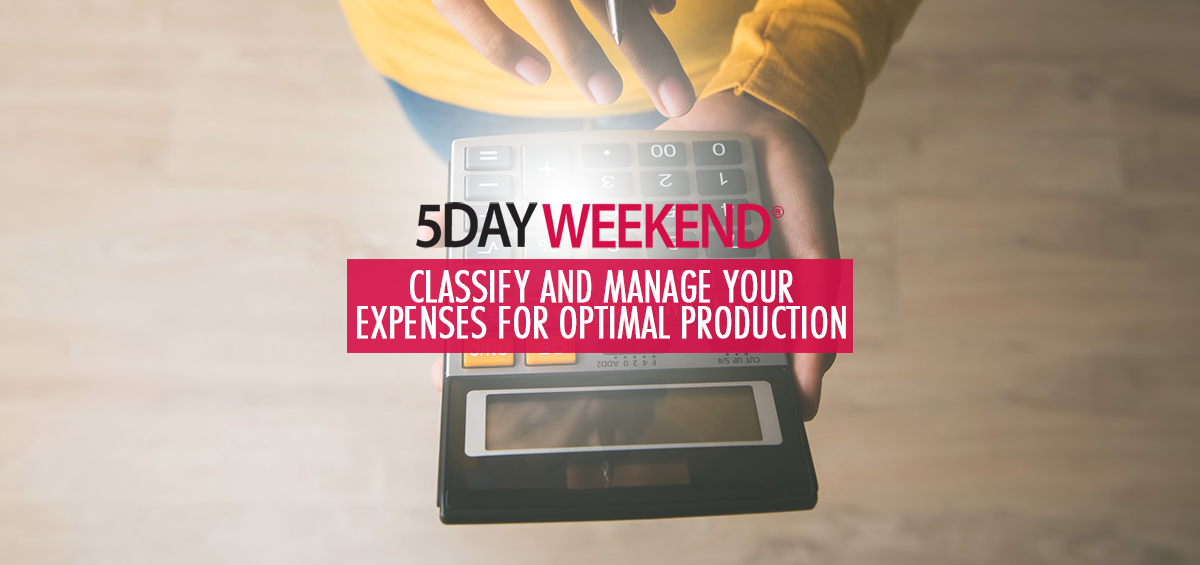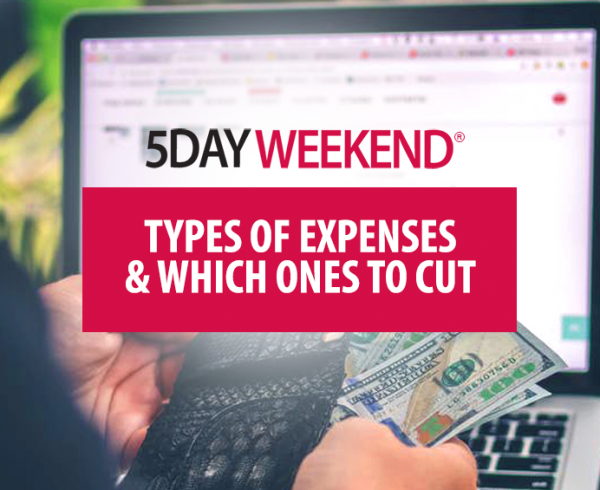At this point in this series of blogs about crushing debt and laying the groundwork for building wealth, I have to backtrack a bit to provide some context and nuance on debt.
Debt is usually defined as any borrowed money. Defined more technically, however, debt is having liabilities that are greater than assets. Liabilities are expenses that we have to pay for, such as a mortgage, car loans, or credit cards. Assets result in cash flow, or can easily be converted into cash flow. The market value of your home is an asset, your mortgage is a liability.

Suppose your home is worth $250,000 and you owe $200,000 on your mortgage. Traditionally, we would say you are $200,000 in debt. More technically from an accounting standpoint, you have $50,000 in equity, which is the opposite of debt. On the other hand, if you were to owe $260,000 on a home worth $250,000, you would have $10,000 of debt.
This may sound like I’m splitting hairs, but it’s critical to understand the difference between debt and liabilities. If your goal is to stop all forms of borrowing, then you eliminate the possibility of borrowing for productive use, such as investing or business growth.
To get out of debt doesn’t necessarily mean to pay off all loans. Rather, it means being in a position where your assets always exceed your liabilities. Your balance sheet, which itemizes your assets and liabilities, determines whether you have an overall equity position or an overall debt position.
People who are seasoned 5 Day Weekenders analyze loans, liabilities and assets from a different, more sophisticated and technical standpoint than what’s typically taught by most pundits. Our goal isn’t to simply pay off all loans. Rather, it’s to maximize the efficiency and production of our cash flow. In this context, we may be okay with certain loans or have a different loan-payoff priority than others might teach. We might, in fact, choose to increase our liabilities in order to increase our production—all while staying technically out of debt.

To make this more concrete, when I teach you to crush your debt, I’m mostly referring to consumer debt, such as credit cards used to purchase depreciating liabilities including clothes, furniture, and toys. This destructive type of debt is nothing but a drain on your finances. This debt may add to your immediate lifestyle, but at the expense of your long-term freedom.
I’ll clarify that in my next post, by exploring four different types of expenses, as categorized by my Garrett Gunderson, who worked with me in putting together the book 5 Day Weekend, from which these blogs are adapted.
In the meantime, I’d love to hear from you. What is your relation to debt? Are you at a point where your assets exceed your liabilities? Thank you for sharing.
Secure your copy of the “5 Day Weekend” book. 5 Day Weekend: Freedom to Make Your Life and Work Rich with Purpose [Nik Halik & Garrett Gunderson]
















Leave a Comment